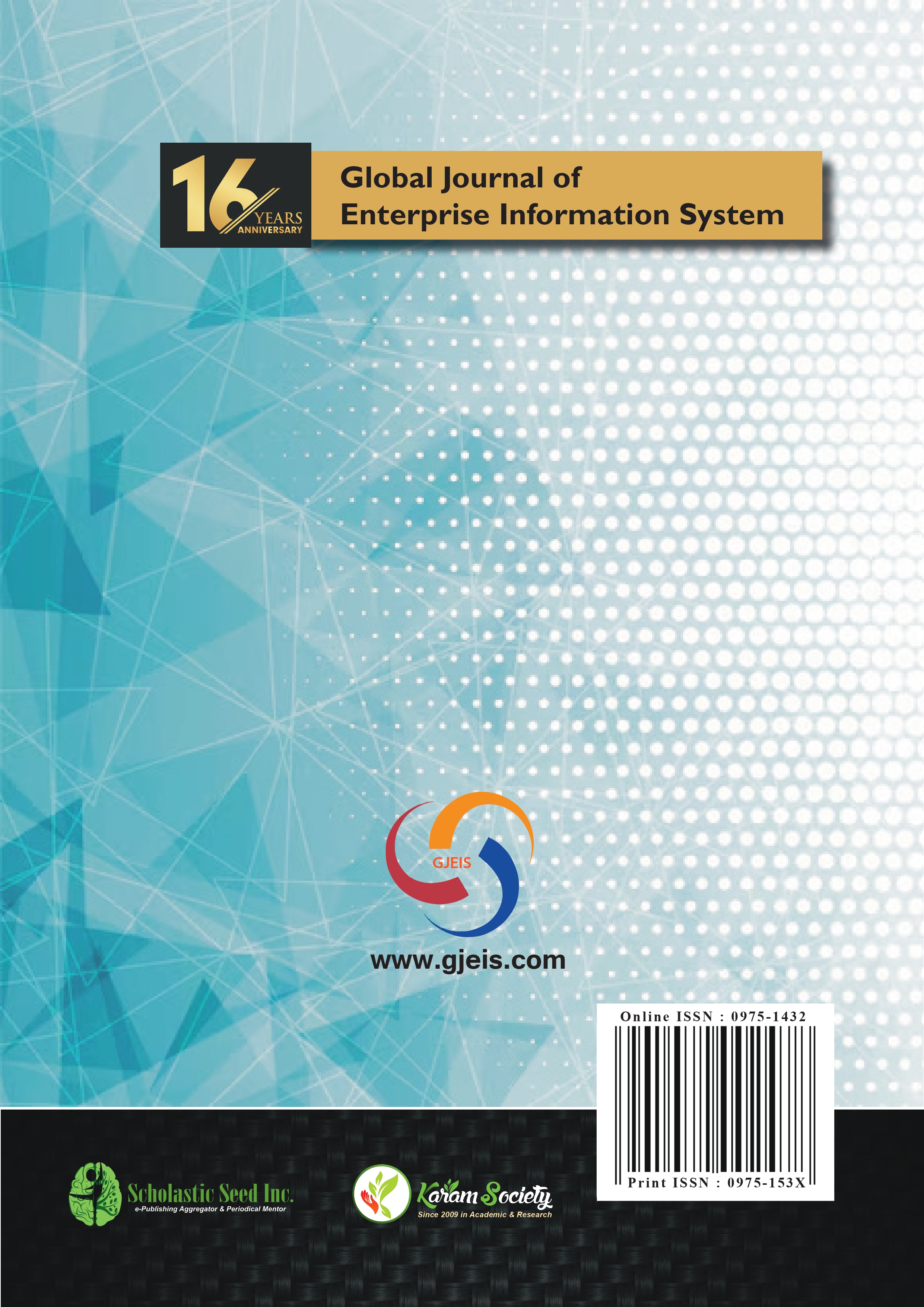Assessment of efficacy of Consumer Lifestyles as predictor of Consumer Behaviour for purchase of Refrigerator
Abstract
Purpose: This study is an attempt to assess the efficacy of the psychographic variable in predicting
the consumer behaviour for purchase of a durable product. A refrigerator has been picked for the
current study assuming the high involvement of the subjects in this product.
Design/Methodology/Approach: An extensive literature study and focus group study was
conducted to understand important factors impacting the buying behaviour of respondents towards
the durable product category of refrigerator. It was observed that the respondents get influenced
by wide variety of factors while they make their purchase decisions for a refrigerator keeping
in mind their present and future needs and whether the product suits to their understanding of
their status and beliefs. These factors can be grouped as external factors like demographic, social,
cultural factors etc. and internal factors like need, personality, motivation etc. Data was collected
on a 27 item AIO based Questionnaire selected for the study and samples were collected based on
Judgmental Sampling or Purposive Sampling as in (Sexena, P. & Pathak, D.P. 2011). A keen vigil
was kept to maintain the proportional presence of demographic factors 30-40 each representing
approximately 4-5 lifestyle groupings (approximated through pilot study), so that some tests like
Chi-Square test could not be affected. Since there were 9 demographic variables therefore approx
number of sample worked out to be the product of above three figures i.e. around 1000 samples. A
total of Fourteen hundred and thirty questionnaires were collected from all the sources. However,
due to incomplete responses on some questionnaires one thousand and thirty-six filled in and
validated questionnaires were accepted to be used for data analysis. KMO and Bartlett’s Test
Kaiser-Meyer-Olkin Measure of Sampling Adequacy yielded a significant figure of 0.696. The
auto clustering tool of SPSS was used to find most suitable number of clusters which came to be 4.
These four groups formed the four different lifestyle clusters used in the subsequent study.
Findings- Homogeneity of Variances test shows Levene statistic with p<.001 thereby rejects
the null hypothesis associated with it that the people belonging to different lifestyle groups have
homogeneity in their variances therefore ANNOVA either could not be employed or the results
of the ANNOVA could be misleading. The non parametric equivalent of ANNOVA is Kruskal
Wallis test. It does not assume homogeneity of population and test the difference of rank instead
of means and the structure of the scale also support the use of non parametric test. Kruskal Wallis
Copyright (c) 2021 Global Journal of Enterprise Information System

This work is licensed under a Creative Commons Attribution-NonCommercial-NoDerivatives 4.0 International License.








